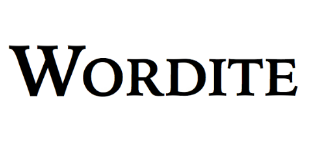Definition of 'con'
English
Etymology 1
From (etyl) connen, from (etyl) . More at (l).
Verb
(
conn)
(rare) To study, especially in order to gain knowledge of.
* Wordsworth
- Fixedly did look / Upon the muddy waters which he conned / As if he had been reading in a book.
* Burke
- I did not come into Parliament to con my lesson.
* 1963 , D'Arcy Niland, Dadda jumped over two elephants: short stories :
- The hawk rested on a crag of the gorge and conned the terrain with a fierce and frowning eye.''
(rare|archaic) To know, understand, acknowledge.
* 1579 , , Iune:
- Of Muses Hobbinol, I conne no skill
to conduct the movements of a ship at sea.
Related terms
* ken
* unconned
Etymology 2
Abbreviation of (etyl) .
Noun
(
en-noun)
A disadvantage of something, especially when contrasted with its advantages (pros ).
- pros and cons
Synonyms
* disadvantage
Antonyms
* pro
Related terms
* pros and cons
Etymology 3
Shortened from (convict).
Noun
(
en-noun)
(slang) A convicted criminal, a convict.
Etymology 4
From (con trick), shortened from (confidence trick).
Noun
(
en-noun)
(slang) A fraud; something carried out with the intention of deceiving, usually for personal, often illegal, gain.
Synonyms
* See also
Verb
(conn)
(slang) To trick or defraud, usually for personal gain.
Synonyms
* (to be conned) be sold a pup
Etymology 5
From earlier (cond), from (etyl) conduen, from (etyl) conduire, from (etyl) .
Verb
(nautical) To give the necessary orders to the helmsman to steer a ship in the required direction through a channel etc. (rather than steer a compass direction)
Noun
(-)
(nautical) The navigational direction of a ship
Etymology 6
or (conference).
Noun
(
en-noun)
An organized gathering such as a convention or conference.
See also
* cone
* mod cons
